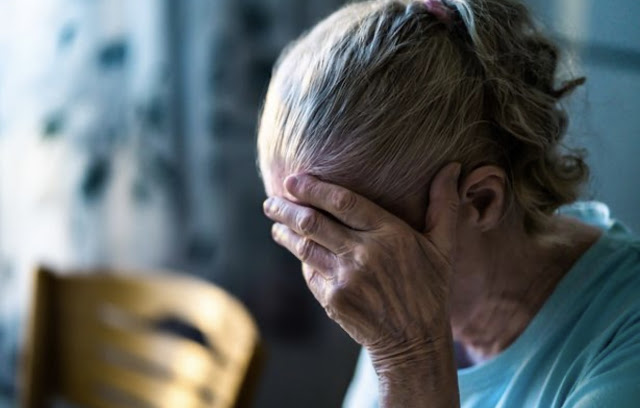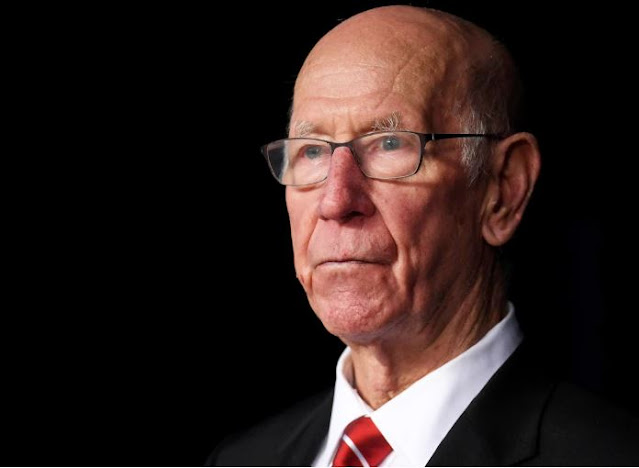Muslim Women in the West Face Challenges Amid Support for Palestinian Cause
Muslim Women in the West Face Challenges Amid Support for Palestinian Cause
| Palestinian Mothers and Children Fleeing Amid Israeli Airstrikes in Gaza City, October 11, 2023 |
For nearly a month, the Israeli government, with backing from the U.S., has been involved in an ongoing conflict in Gaza, causing significant casualties. This situation has raised concerns globally, especially among those advocating for Palestinian rights.
The conflict began on October 7 in response to an attack by Hamas that resulted in casualties in Israel. Israel's military launched airstrikes on Gaza, targeting various locations, including homes, places of worship, hospitals, and schools. These actions have led to significant civilian casualties, and the blockade on Gaza has created a humanitarian crisis.
To garner support for such actions in the international community, dehumanization of the Palestinian people is often used as a tactic. Those who oppose these narratives and speak out against the suffering of Palestinians are often met with resistance, including smear campaigns, censorship, doxing, and even legal action.
In the United States and other Western countries with a strong pro-Israel stance, Muslim women are at the forefront of various grassroots and political movements opposing Israel's actions. They lead protests, political campaigns, educational efforts, and fundraising for humanitarian aid. Unfortunately, their activism often leads to attacks on their safety, character defamation, and threats to their livelihood.
When these threats fail, Muslim women who support the Palestinian cause are often labeled as "too emotional," "ignorant," "bigoted," or "professionally incompetent" by those who support Israel.
These women often find themselves in a challenging situation due to their religion, race, and gender. They are expected to conform to various expectations, from being a "good Muslim" to being loyal to the U.S. While they navigate these pressures, their activism can be mischaracterized or undermined.
Being a "good Muslim woman of color" often means suppressing emotions, expressing gratitude for living in the U.S., refraining from criticizing Western policies, and limiting their advocacy to specific areas. When they address discrimination they face in the West or call out support for wars that impact Muslim women abroad, they can quickly be labeled as "traitors."
This triple bind affects Black, Arab, and South Asian Muslim women advocating for Palestinian rights. They must protect their children from harassment while advocating for justice.
These women often ask why white feminists do not support their cause. They wonder why some white feminists align with pro-Israel views and label them as anti-Semitic for defending Palestinian rights. This question highlights the complexities of intersectional feminism and advocacy.
While some white feminists may not support these Muslim women's cause, many of them are determined to fight for justice and Palestinian rights on their terms, without needing external approval. They seek solidarity with their Palestinian sisters and are prepared to overcome obstacles, even if some white feminists do not share their perspective.






